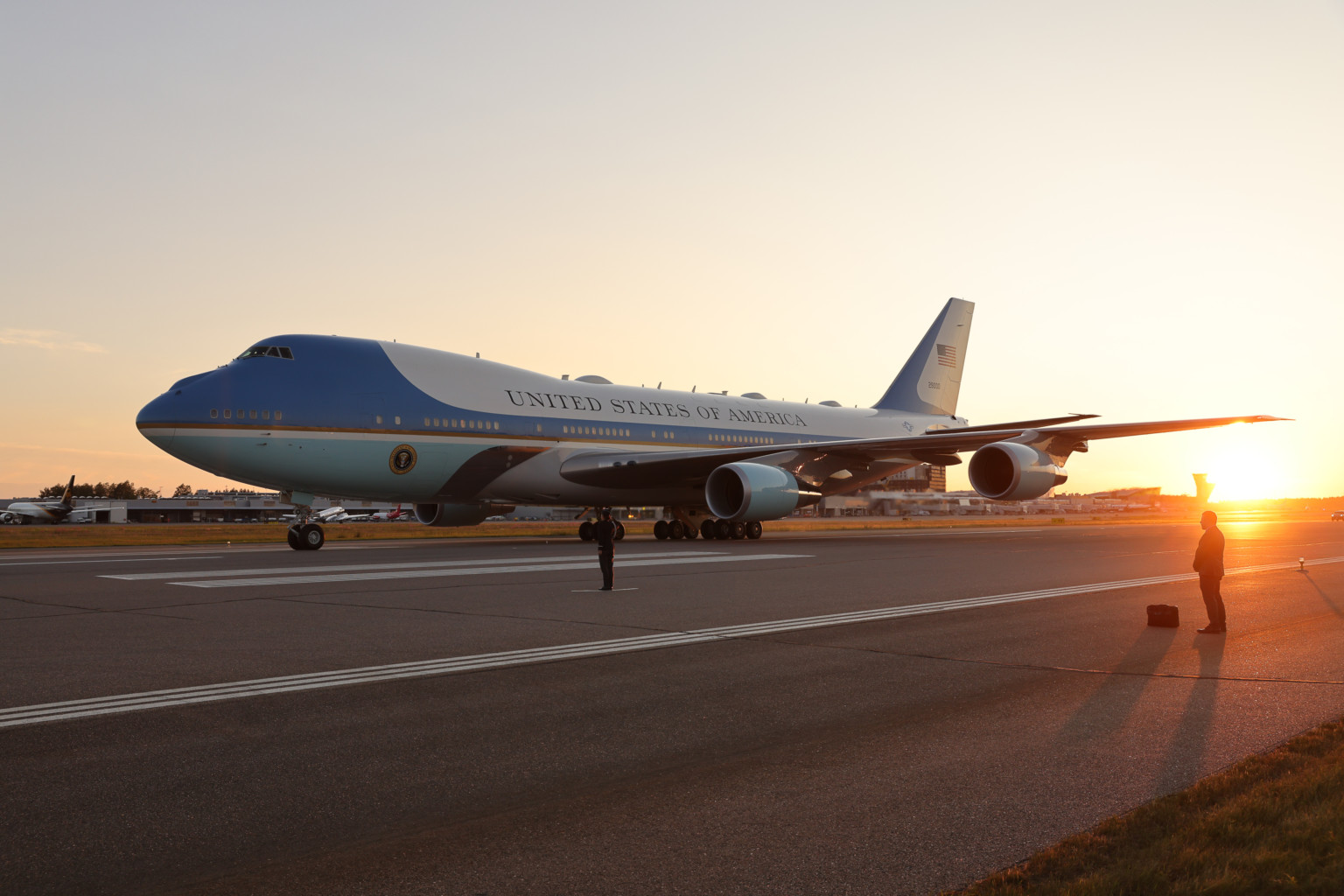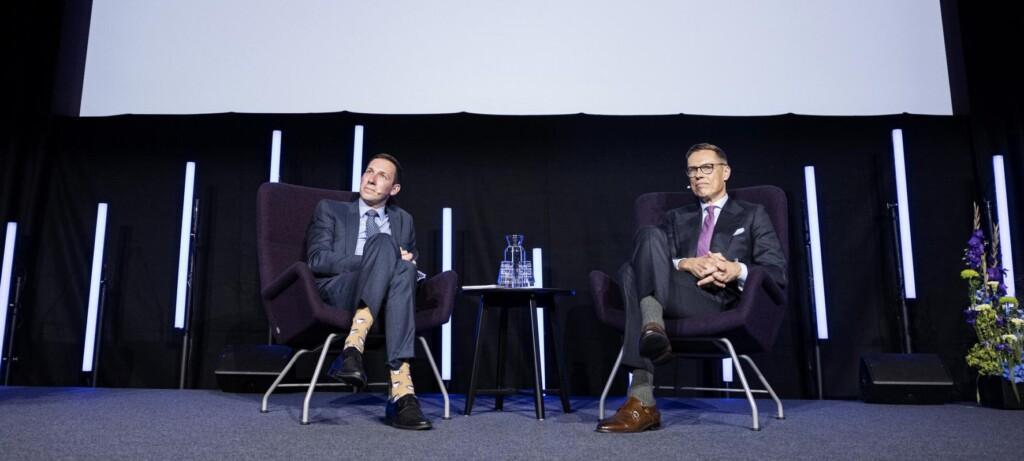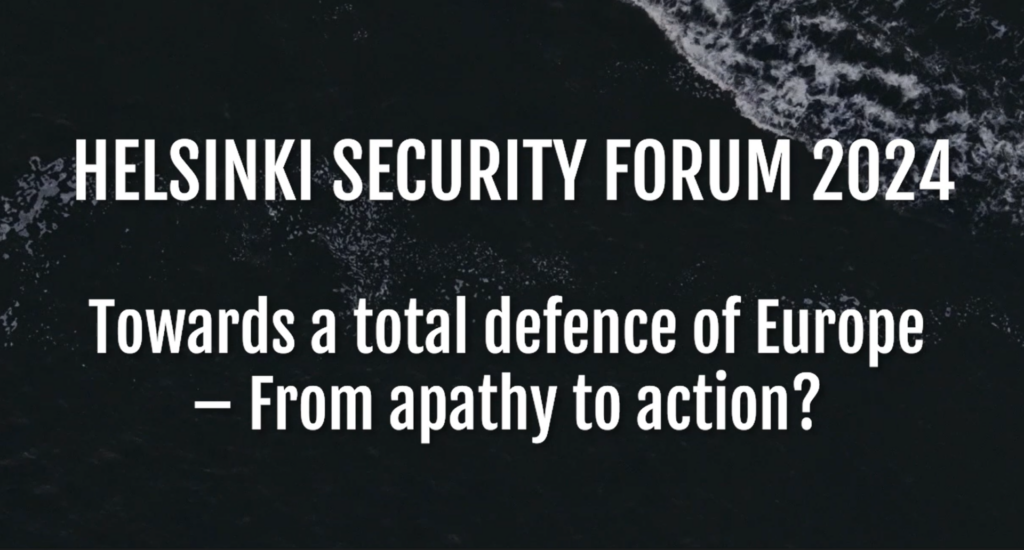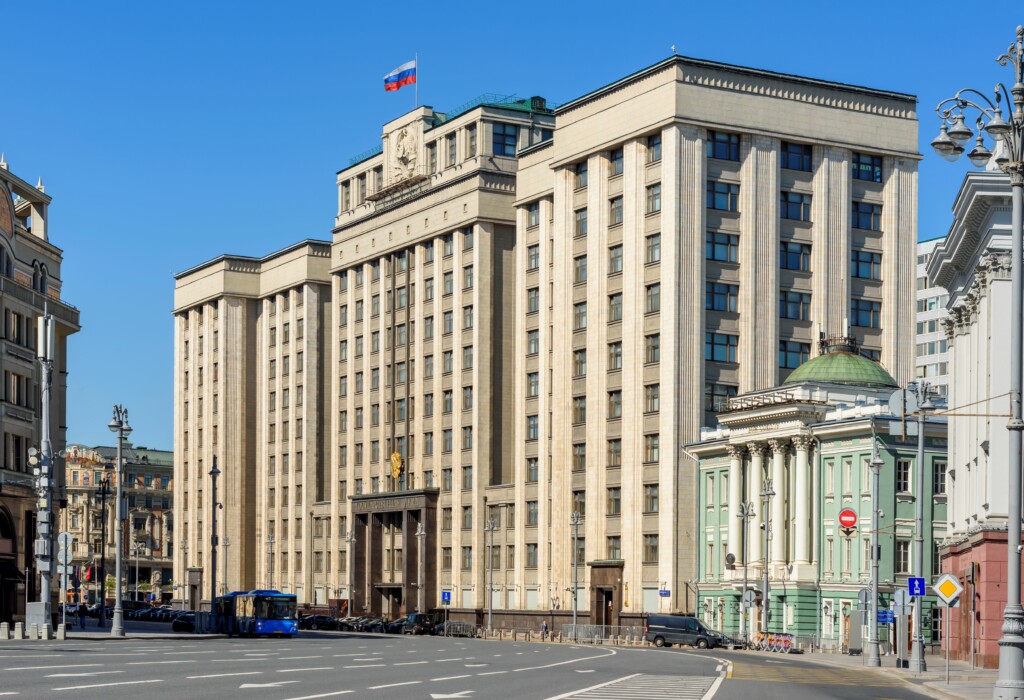Publications

No longer just a place to meet with the Russian leaders – Finland is a key Nordic partner of the Western alliance
As President Joe Biden visits Finland on Thursday 13 July, a new leaf in the book of Finnish foreign and security policy is turned. Finland will be hosting a US president for the first time as a NATO ally. The summit also includes other Nordic leaders. This breaks the tradition of US Presidents visiting Finland to meet Russian leaders or as a pit stop on the way to Moscow. Finland no longer plays its traditional role of “Russia whisperer” or message runner. President Biden is visiting Finland specifically to solidify alliance relations with the Nordics.
This development is a result of the increasingly harsh geopolitical environment, orchestrated by President Putin’s invasion of Ukraine. The visit to Helsinki is a clear signifier that the war in Ukraine has changed Europe. It also signals that events are not going according to plan for the aggressor –the war is actually strengthening transatlantic unity among democracies.
As this presidential visit demonstrates, Finland has assumed a position in history that is both unprecedented and unquestionable. The position as a trusted ally of the US and other NATO member states is well-earned. Finland is a Stoic, even a Spartan republic. When it comes to willingness to defend our country, our readiness is at a world-record level. Over 80 percent of Finns are willing to defend their country, even if the outcome would be uncertain. This has long roots in Finnish history, and in the strategic culture based on it.
Finland’s decades-long debate over military alignment and NATO membership has been read by some as wavering that could lead to Finland’s role in NATO to also appear lukewarm. This analysis is incorrect. Finland did not put off seeking NATO membership because of inherent reluctance. It joined NATO when all hope for its Eastern neighbour was lost. Russia’s fatal decision is the reason for the change in Finnish popular opinion.
Finland did not put off seeking NATO membership because of inherent reluctance. It joined NATO when all hope for its Eastern neighbour was lost.
When your neighbour starts a war or oppression, the meaning of freedom changes. Russia chose to pursue the sphere of influence through means of large scale invasion. The hope of somehow managing the relationship with an increasingly totalitarian and hostile power might be gone for a long time.
The seismic change in the minds of the Finns also had to do with the successful resistance of the Ukrainians. The people of Ukraine have shown they are able to resist the military might that was ranked second after the US in global military indexes.
Finland’s role in NATO is determined by a simple equation of supply and demand. As our country shares a 1300-kilometre border with Russia, the pragmatic acknowledgement of geopolitical facts will be the key driver of our country’s future. Finland will likely emphasise deterrence – yet, in a cool-headed and realistic manner. With this attitude, Finland is not a burden to anybody, but a contributor to both its own security and the security of others.
Finland is a valuable ally to the US not only on account of its geostrategic location, but also because of its world-class achievements in defence. Its ability to take care of its own lot has not gone unnoticed in the US. Ties between the US and Finland have long roots that correlate both with the transforming relations between major powers and the normatively rules-based world order. Also, Finland’s steady foreign policy orientation has gained respect. The relationship has remained stable throughout US presidential cycles.
Finland is a valuable ally to the US not only on account of its geostrategic location, but also because of its world-class achievements in defence.
From the viewpoint of the Finnish Institute of International Affairs, one important exhibit of Finland’s newly acquired global leadership will materialise in September in the form of Helsinki Security Forum. The event is based on open and frank discussion on European security.
Europe has entered a new era of radical uncertainty, in which the assumption of the absence of war in Europe no longer holds. Before the Russian war of aggression, there were speculations on multiple other regions where a large-scale military conflict could erupt. But when gazing through history, perhaps a European war was not all that surprising. It is essential that we examine this pattern and its global ramifications at this year’s Helsinki Security Forum, themed Deter, Defend and Secure – Europe in the Era of Radical Uncertainty.
As the most recent NATO member, Finland plays an influential role in sculpting the European security landscape. Helsinki Security Forum brings together international leaders and foreign policy experts,offering a valuable platform to discuss the global implications of current international security issues, resilience, and defence capabilities from the perspective of Northern Europe.
Finland is often referred to as the most egalitarian, least corrupt, most stable, educated, and innovative society in the world – while also being the happiest nation. However, this is only one side of Finland’s story. We are also a stubborn nation with a willingness to reconstruct and rebuild. This has had an impact when it comes to the nation coming together at crucial moments – a trait evident also in the country’s NATO accession.
The US visit in Helsinki is indicative of a new beginning for Northern Europe and its transatlantic relationship. It is the start of a major positive shift amidst increasingly dark times.
Mika Aaltola is the Director of the Finnish Institute of International Affairs.

HSF 2025 asks ‘The Hour of Europe’: Can the old continent chart a new course for its future?
Helsinki Security Forum 2025 brings experts and decision-makers together to ponder the hard questions and explore Europe’s path forward.

Helsinki Security Forum 2024 addresses the need for European total defence
The third annual Helsinki Security Forum (HSF) will be held on 27–29 September 2024. This year’s conference is titled Towards...

for HSF Blog
Rejecting Russian Spheres of Influence
The EU has rejected the language of spheres of influence in favour of an international order based on common rules...
About the author
Mika Aaltola
Finnish Institute of International Affairs
Mika Aaltola is the Director of the Finnish Institute of International Affairs.